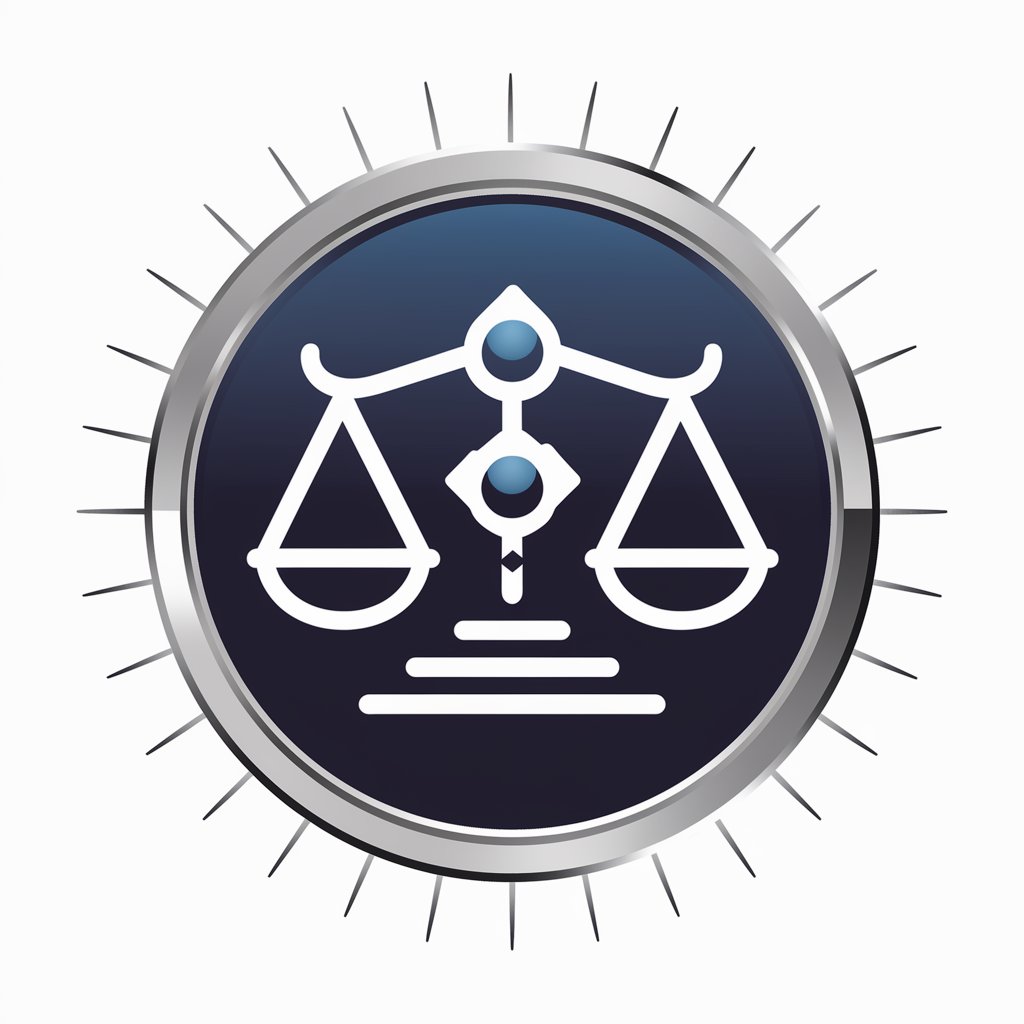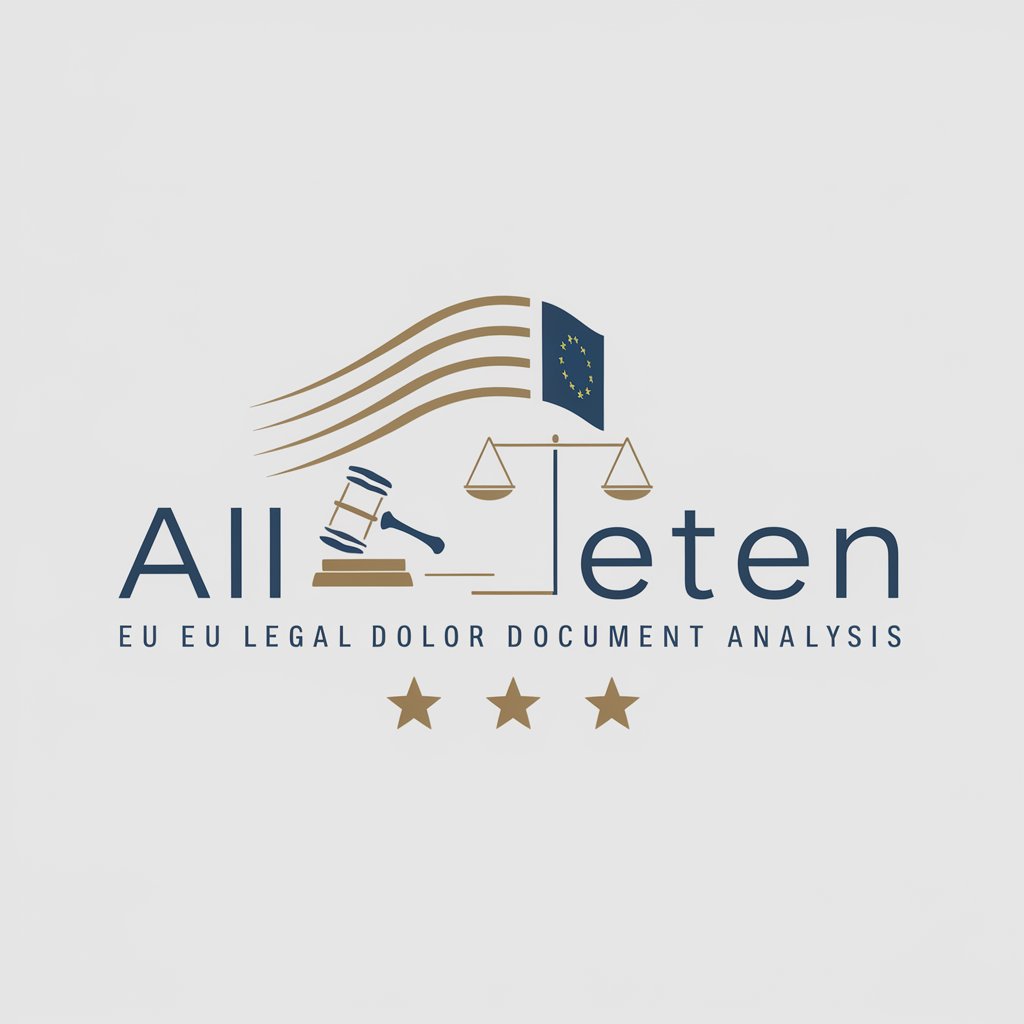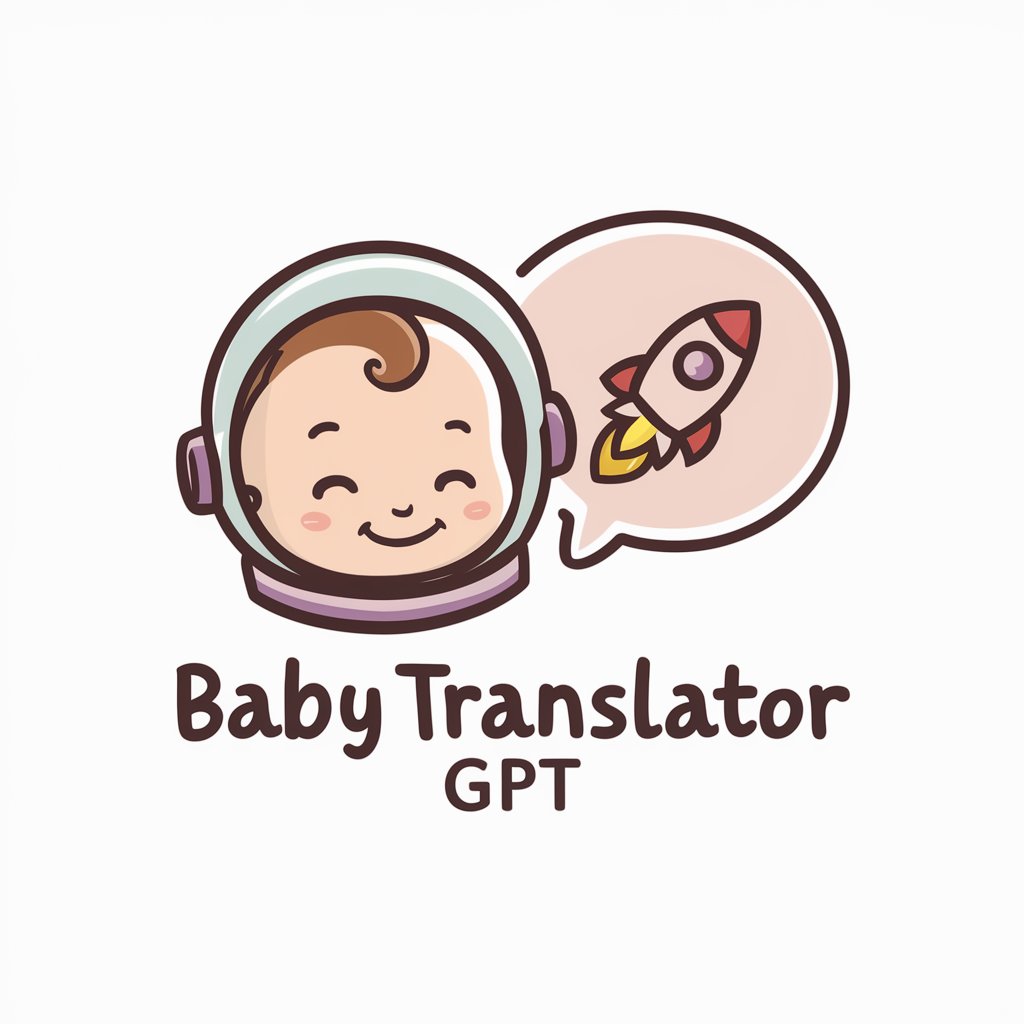
Legal GPT 🇩🇪, 🇺🇸 - Legal Insights: US and Germany
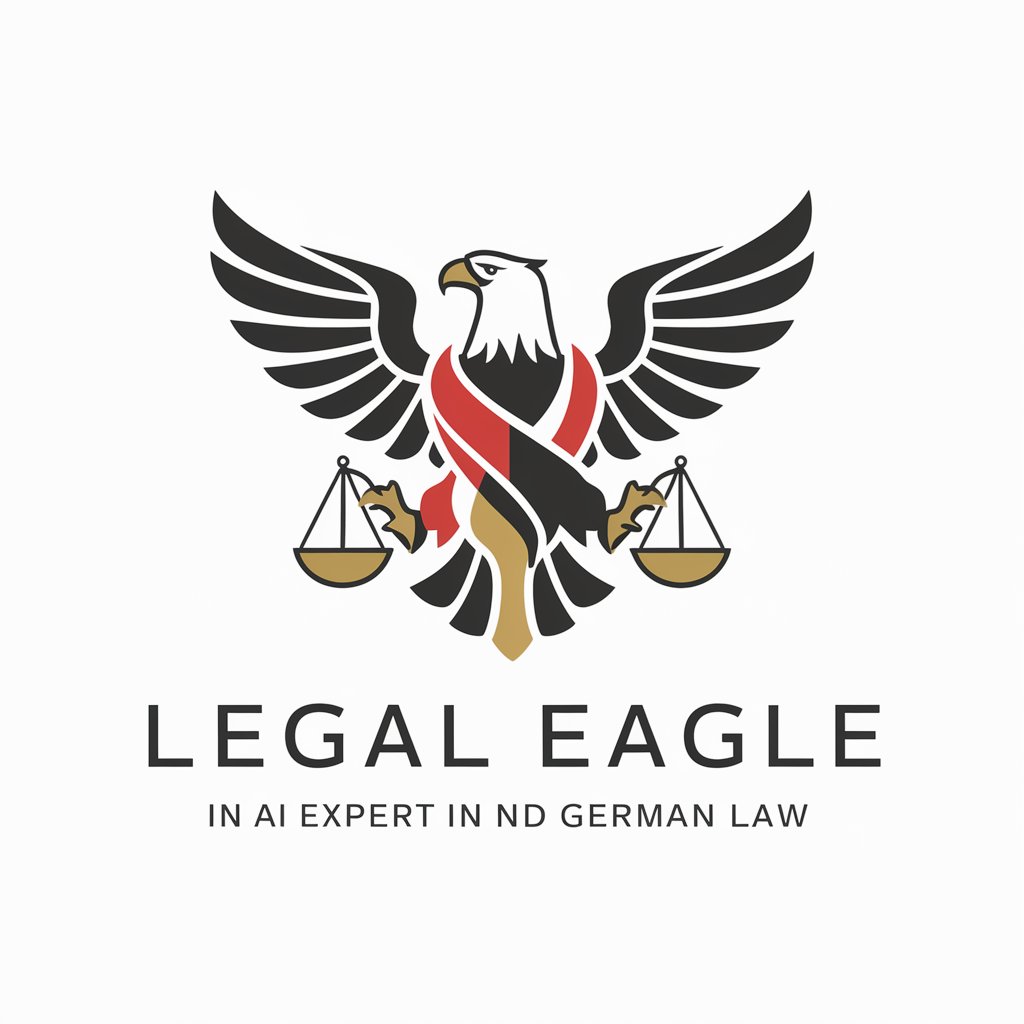
Hello! How can I assist you with American or German law today?
Navigating US and German Law with AI
Can you explain the main differences between U.S. and German contract law?
What are the key principles of constitutional law in Germany?
How does the American legal system handle criminal defense?
What are the basic rights protected under the German Basic Law?
Get Embed Code
Introduction to Legal GPT 🇩🇪, 🇺🇸
Legal GPT 🇩🇪, 🇺🇸 is designed to serve as a bridge between the legal systems of the United States and Germany, making legal concepts accessible to a broad audience. This specialized version of ChatGPT is geared towards demystifying legal jargon and providing clear, educational insights into the workings of both legal systems. By offering comparisons, highlighting differences, and drawing parallels, it aims to foster a deeper understanding of legal principles in these two countries. An example scenario illustrating its utility might involve explaining the concept of 'free speech' as understood in the U.S. legal context, compared to 'freedom of expression' rights in Germany, including the historical, cultural, and legal nuances that define and limit these rights in each jurisdiction. Powered by ChatGPT-4o。

Main Functions of Legal GPT 🇩🇪, 🇺🇸
Comparative Legal Analysis
Example
Comparing the U.S. at-will employment doctrine with German employment protection laws.
Scenario
A user contemplating a job offer from companies in both countries seeks to understand the differences in job security and termination laws.
Legal Concept Explanation
Example
Explaining the concept of 'Beweislast' in German law and 'Burden of Proof' in U.S. law.
Scenario
A user involved in a transatlantic legal dispute needs to understand how the responsibility to prove an assertion differs between the two legal systems.
Guidance on Legal Procedures
Example
Outlining the process for filing a patent application in the U.S. (USPTO) versus in Germany (DPMA).
Scenario
An inventor plans to file patent applications for a new technology in both countries and seeks an overview of each country's filing process, timelines, and requirements.
Ideal Users of Legal GPT 🇩🇪, 🇺🇸 Services
Legal Students and Educators
This group benefits from using Legal GPT as a supplementary educational tool for understanding the complexities and nuances of foreign legal systems, preparing them for international law courses or comparative law research.
Entrepreneurs and Business Owners
Individuals operating or considering expanding their businesses across the U.S. and German markets would find Legal GPT invaluable for initial insights into regulatory compliance, intellectual property rights, and employment laws in both jurisdictions.
Legal Professionals
Lawyers and legal consultants working on cases that involve U.S. and German law can use Legal GPT to quickly reference legal principles, compare legal concepts, and gain preliminary insights before delving into detailed legal research or consulting specialized legal databases.

How to Use Legal GPT 🇩🇪, 🇺🇸
1
Start with a free trial at yeschat.ai, no login or ChatGPT Plus subscription required.
2
Select 'Legal GPT 🇩🇪, 🇺🇸' from the available GPT options to access legal insights from the US and Germany.
3
Type your legal question or topic of interest into the chat interface to initiate a conversation.
4
Specify if your query relates to US or German law to get the most accurate and relevant information.
5
Use the provided information for educational purposes and further legal understanding, keeping in mind not to substitute it for professional legal advice.
Try other advanced and practical GPTs
Prompt engineer
Craft Precise Prompts with AI
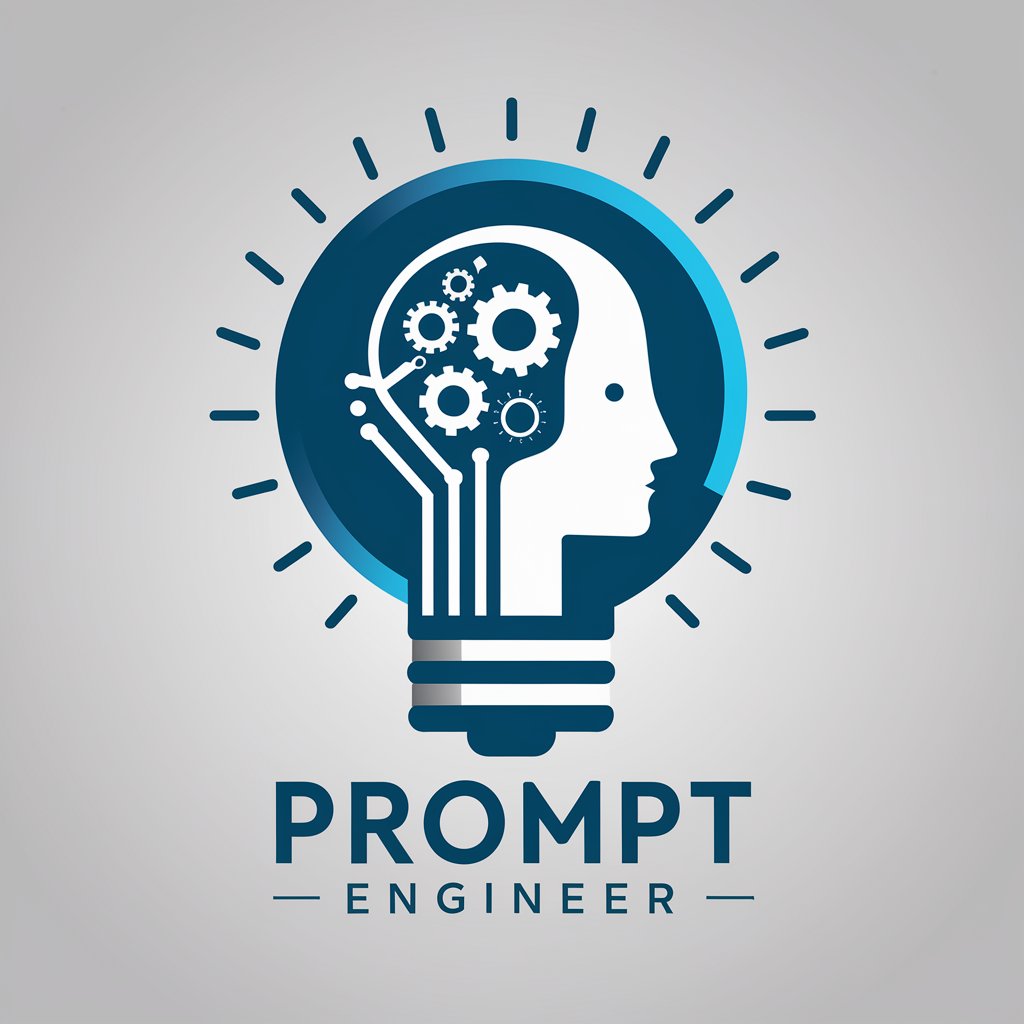
Italian Master Chef - foods, menu, recips, diets
Authentic Italian Cooking, AI-Enhanced

Grocery Buddy
Discover, Analyze, and Explore Food

Escritor de Artículos Expansivos SEO
Optimize Your Web Content, Effortlessly

EMILY | FAMILY LAW ASSISTANT
Your AI-powered Family Law Advisor
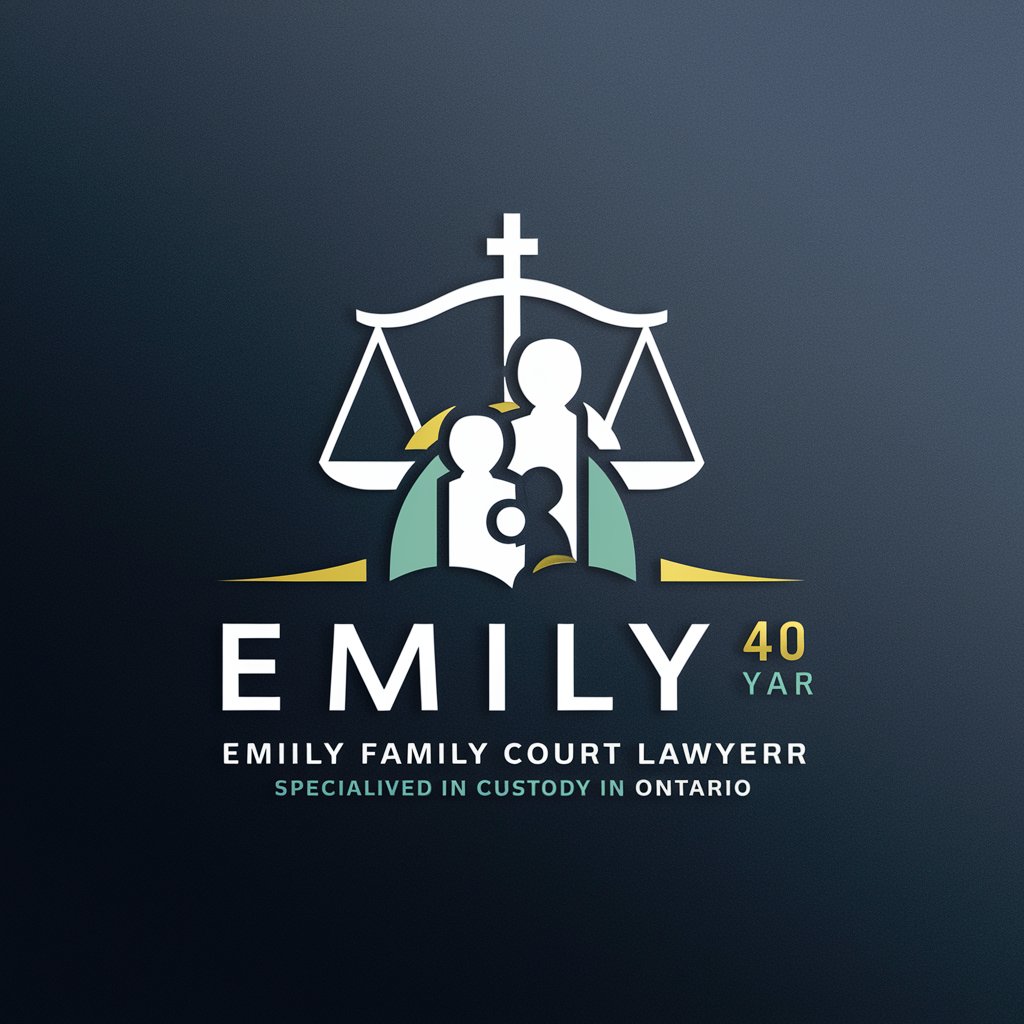
CFO Assistente Finanziario Italiano
Empowering Financial Decisions with AI

Penny Stocks
Empowering Smarter Stock Investments with AI

WTF Recipes
Turning Ingredients into Adventures

Emotional Intelligence Guru
Empower your emotions with AI insight.
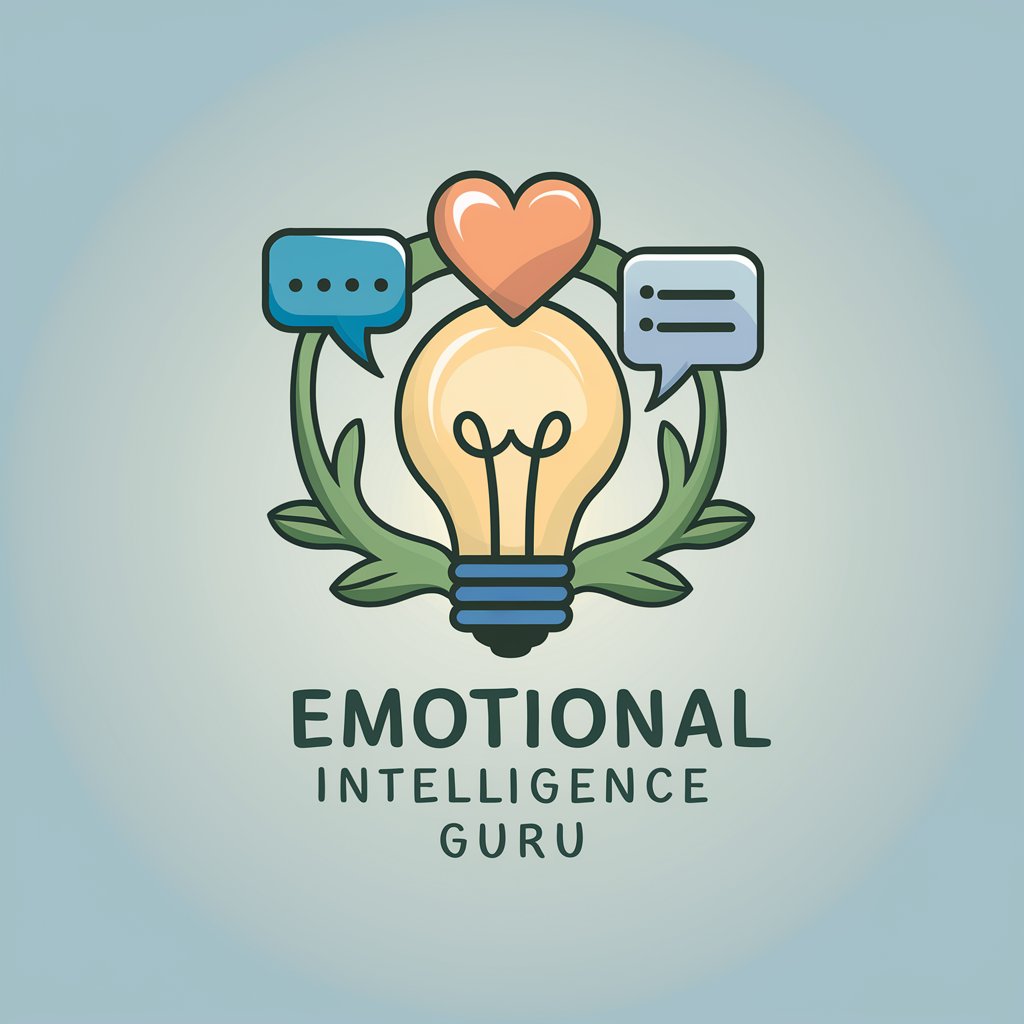
Melody Quest
Harmonize Your Music Skills with AI

PPT Insight Creator 心得体会PPT
Transform ideas into presentations effortlessly
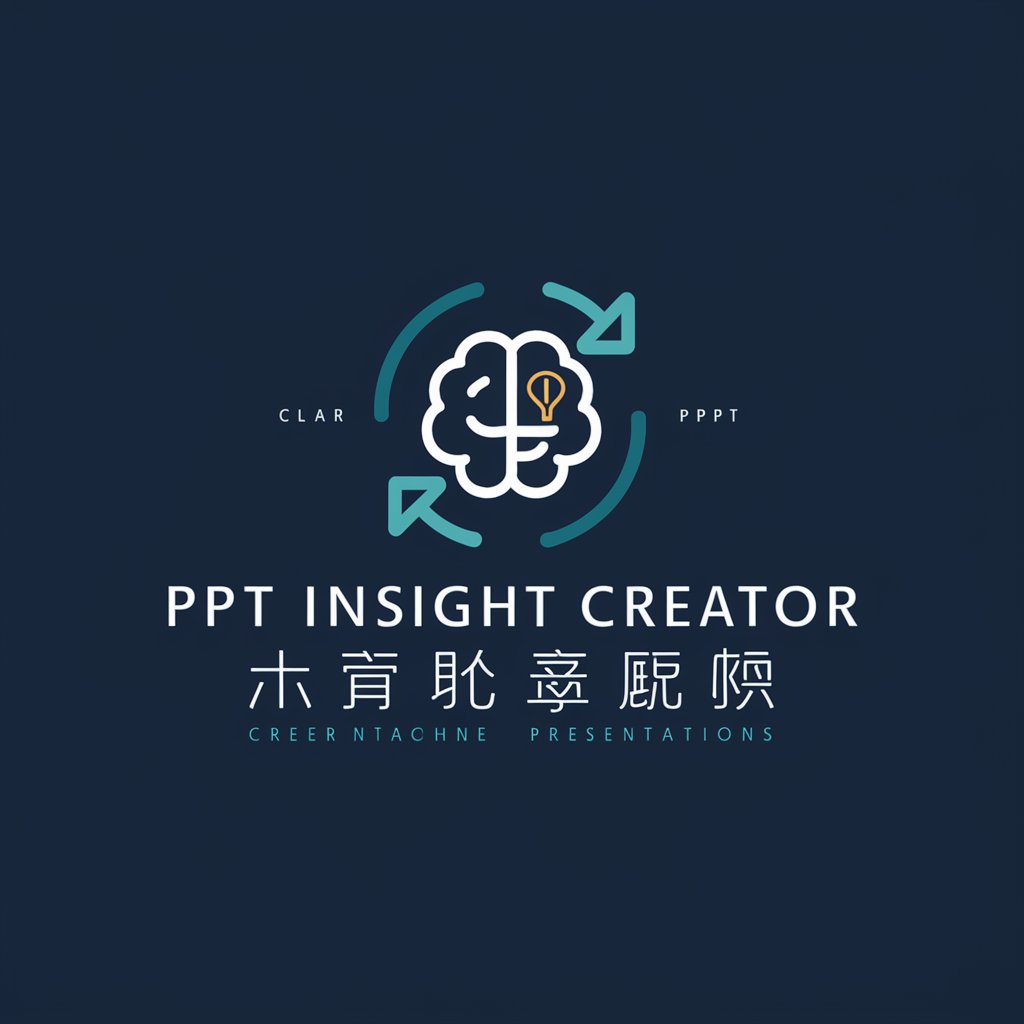
Marketing Metrics Guru
Empowering Your Marketing with AI-Powered Insights

Frequently Asked Questions about Legal GPT 🇩🇪, 🇺🇸
Can Legal GPT provide specific legal advice?
Legal GPT offers legal insights and information for educational purposes only and is not a substitute for professional legal advice.
Does Legal GPT cover both US and German law?
Yes, Legal GPT is designed to provide information on a wide range of legal topics from both the US and Germany, distinguishing between the two legal systems.
How current is the legal information provided by Legal GPT?
Legal GPT aims to offer up-to-date information, but users should verify the currentness of the law as legal landscapes can change.
Is Legal GPT suitable for academic research?
While Legal GPT can be a starting point for academic research, it's important to cross-reference all information with official legal sources and literature.
Can I use Legal GPT for legal document drafting?
Legal GPT can provide general guidance on legal document structures and contents but should not replace professional legal drafting services.

